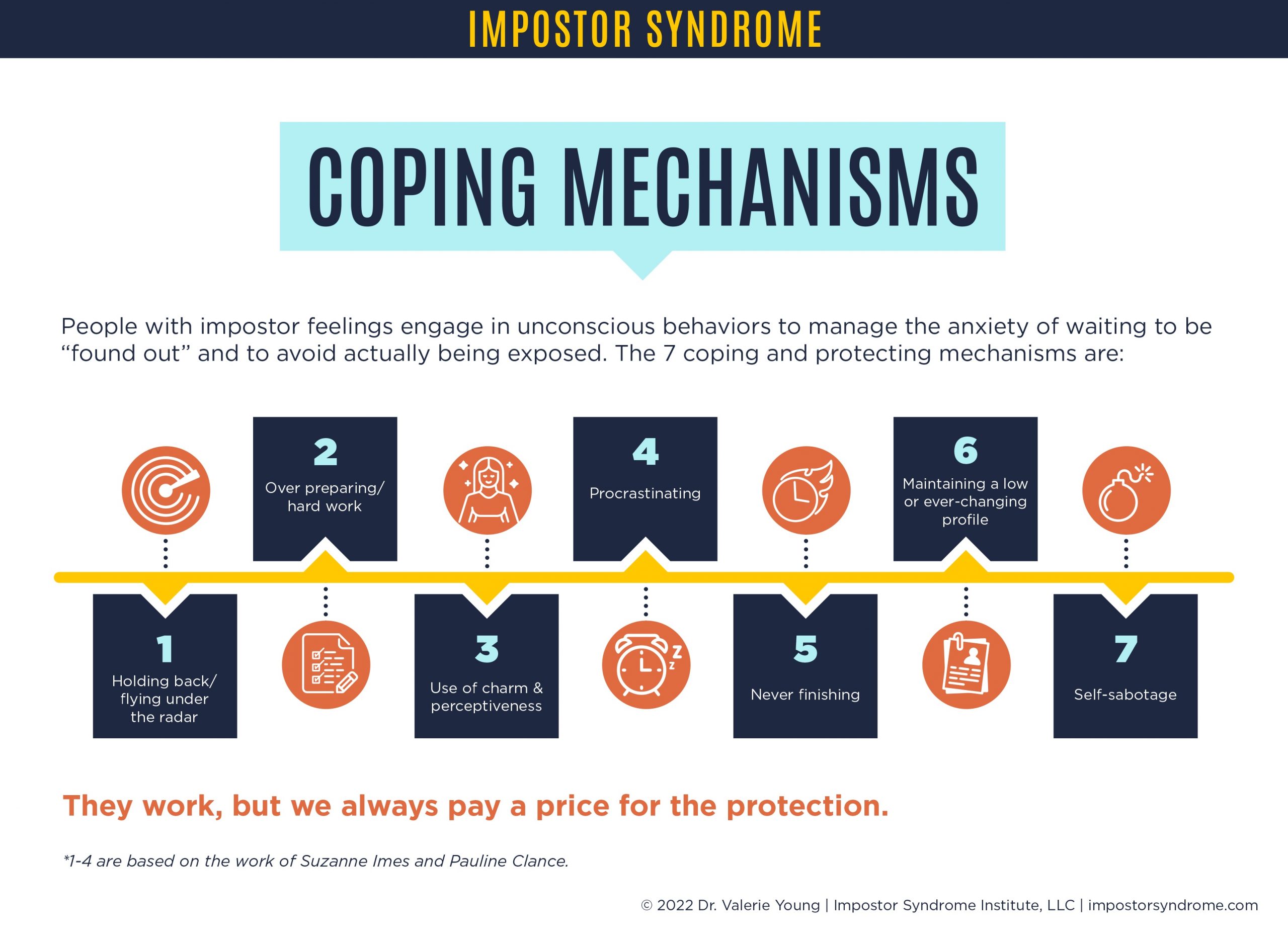The Science Behind Procrastination, Emotional Dependency, and Impostor Syndrome
The Science Behind Procrastination, Emotional Dependency, and Impostor Syndrome
Blog Article
In our daily lives, we often encounter psychological obstacles that affect our well-being and success. Among the most common issues are procrastination, o que é procrastinação emotional dependency, síndrome do impostor causas and impostor syndrome. These problems not only disrupt personal and professional life, but understanding them is the first step to overcoming them.
In this article, you’ll discover what these issues are, why they occur, and practical ways to address them. By gaining this knowledge, you can take control of your habits and live a more fulfilling life.
What is Procrastination?
Procrastination refers to the act of delaying tasks that require immediate attention. It is commonly caused by fear of failure, perfectionism, or lack of motivation.

Studies reveal that procrastination is rooted in the brain’s preference for short-term rewards. People often procrastinate when they feel unmotivated or overwhelmed. Recognizing these triggers is essential to addressing the issue effectively.
What is Emotional Dependency?
Emotional dependency is characterized by a deep reliance on external relationships for approval, validation, or support. While building relationships is fundamental, excessive emotional dependency can harm both the individual and the relationship.
People with emotional dependency may struggle to make independent decisions. It is usually linked to early attachment patterns, such as a fear of abandonment or low self-esteem. Building self-awareness and working on personal growth can help foster healthier, more independent relationships.
The Effects of Impostor Syndrome on Self-Confidence
Impostor syndrome is the persistent belief that one’s success is undeserved. Despite achieving success, individuals with impostor syndrome attribute their achievements to luck or external factors.

This mindset results in anxiety and self-doubt, hindering personal and professional growth. Studies have found that addressing impostor syndrome requires acknowledging accomplishments, reframing negative thoughts, and seeking constructive feedback.
Strategies to Overcome These Challenges
To combat these challenges, consider implementing the following strategies:
- For procrastination: Break tasks into smaller steps and practice time management strategies such as the Pomodoro Technique.
- For emotional dependency: Develop self-reliance through activities like self-reflection and personal growth exercises.
- For impostor syndrome: Document your successes and remind yourself of past accomplishments regularly.
Consistency is vital—practice these techniques daily to achieve sustainable results.
Conclusion: Taking Charge of Your Mental Habits
Procrastination, emotional dependency, and impostor syndrome don’t have to define your life. By understanding their causes and applying effective strategies, you can achieve significant personal growth.
Begin today—pick a single habit to focus on and apply it consistently. Over time, you’ll see improvements in your mindset and daily life.
Report this page